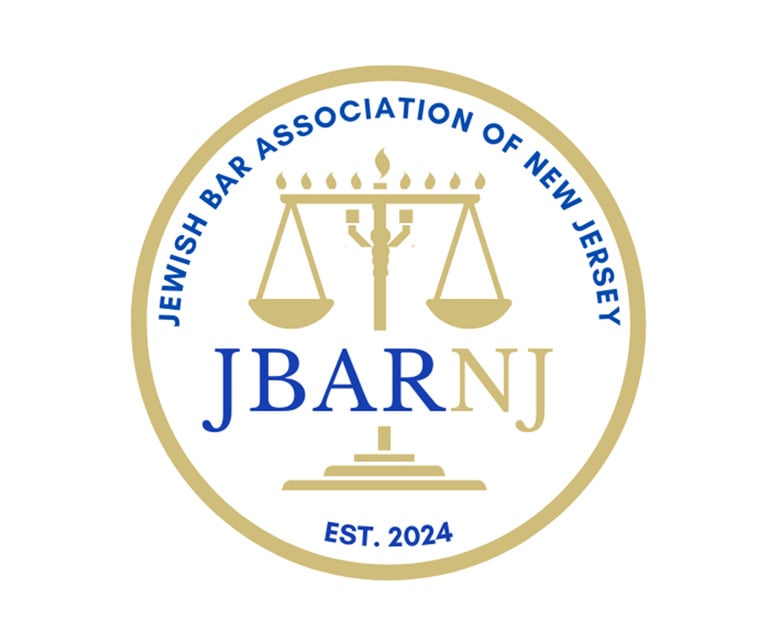It should not be controversial that N.J.S.A. 18A:35-4.35-36 requires public middle and high schools in New Jersey to teach students about the political, economic, and social contributions of persons with disabilities and lesbian, gay, bisexual, and transgender (LGBT) people. Nor should it be any great concern that N.J.S.A. 18A:35-4.36a compels instruction on general diversity and inclusion for K-12 students. At the very least, it is reassuring to students who are disabled or LGBT to hear about the achievements and societal contributions of people who can inspire them to imagine their own limitless possibilities.
Take, for example, Alan Turing, the “father of computer science,” who helped defeat Nazi Germany by deciphering its coded messages, yet was persecuted for being gay despite his heroism; James Baldwin, an essayist, playwright, novelist and leading voice of the American civil rights movement known for “Notes of a Native Son,” “The Fire Next Time,” and “Go Tell It on the Mountain,” who refused to let a closet contain him and his literary gifts; and Stephen Hawking who, while living with Lou Gehrig’s disease and an IQ of 160 (equal to Einstein), became a theoretical physicist, cosmologist, and author responsible for incredible breakthroughs in our understanding of science and quantum theory.







